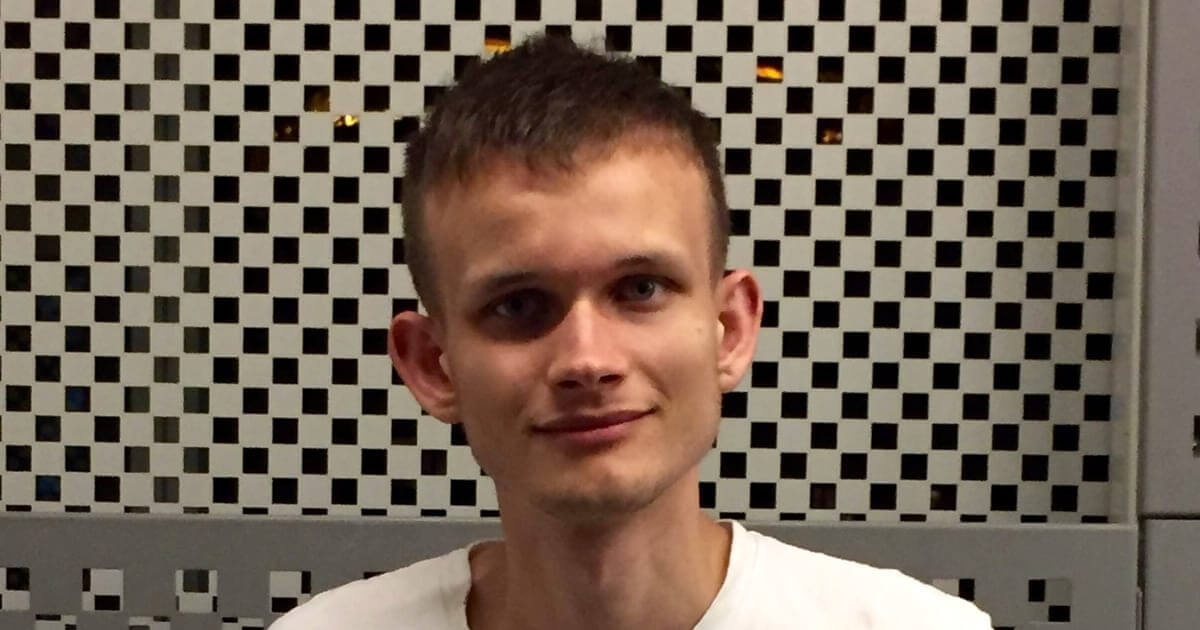Ethereum co-founder Vitalik Buterin Proposes Signature Reduction
Zach Anderson Dec 29, 2023 05:45
Ethereum co-founder Vitalik Buterin proposes reducing the number of signatures for validators in the PoS system to simplify the system, address technical issues, and enhance network security.

Vitalik Buterin, Ethereum's co-founder, recently proposed a significant change to the Ethereum blockchain's proof-of-stake (PoS) system. The core of his proposal is to reduce the number of signatures that validators must process. Currently, Ethereum's PoS mechanism involves around 895,000 validators processing approximately 28,000 signatures per slot, which results in a heavy load on the network.
The Need for Change: Balancing Decentralization and Efficiency
This high number of validators and the associated signature load come with major technical downsides. It limits quantum resistance, complicates forking, and challenges scaling signatures through zero-knowledge proofs (SNARKs). Moreover, the high minimum of 32 ETH for becoming a validator remains prohibitive for many, limiting widespread participation.
Buterin suggests that reducing the signature requirement to about 8,192 per slot, down from the current 28,000, would offer several benefits. It would simplify the consensus mechanism, make the blockchain more quantum-resistant, and maintain a high total of slashable ETH (1-2 million ETH), a mechanism to enforce good behavior among validators.
Exploring Alternative Approaches: Decentralized Staking Pools and More
Buterin outlined three potential approaches for this change:
- Decentralized Staking Pools: This method involves increasing the minimum ether required for staking, encouraging smaller validators to form pools. This shift would reduce the number of individual validators.
- Dual-Layer Staking System: A 'heavy' layer would require a higher ETH stake (4,096 ETH) for participation in finalization processes, while a 'light' layer would have no minimum requirement, creating a balance between security and accessibility.
- Rotating Validator Set: This approach would involve a rotating set of 4,096 validators for each slot, adjusting the set during each slot to ensure network safety.
Addressing Security Concerns
Buterin also pointed out the limitations of the committee-based security model used in other blockchains. This model, which randomly selects a group of validators for each slot, lacks accountability in the event of a 51% attack. Ethereum's current system, which imposes severe penalties for such attacks, is effective but might be excessively punitive. A balanced solution maintaining high slashable Ethereum while making concessions on validator accountability is needed.
Image source: Shutterstock.jpg)